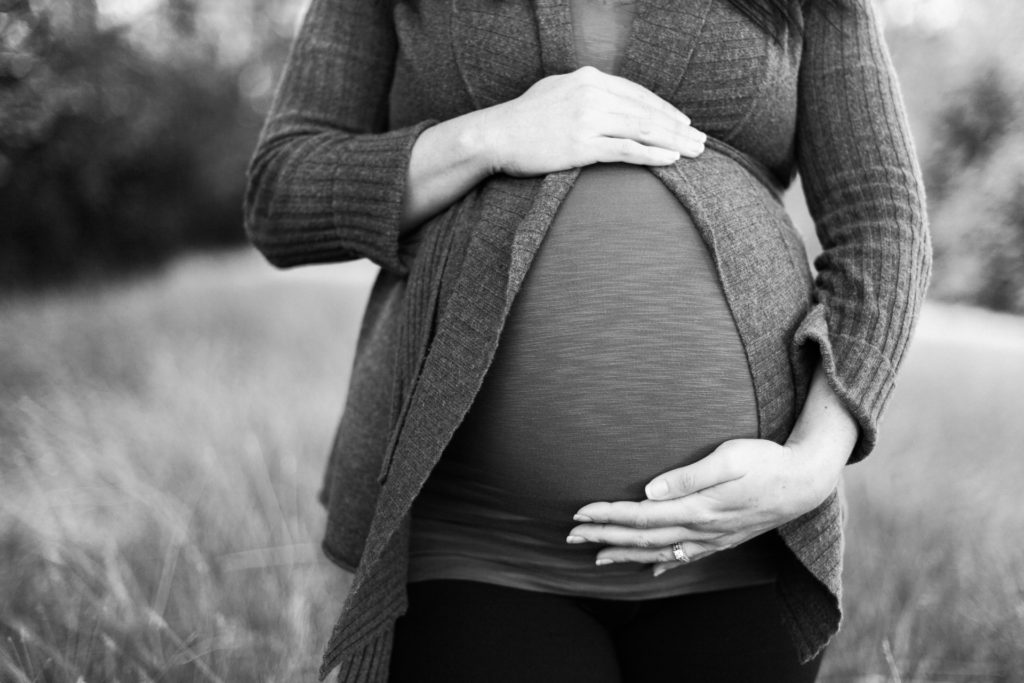The complexity of spirituality and abortion is something that has raised ever since planned abortions became more and more common, during the 20th century. Though contemporary spirituality is different than traditional religions and is offering a new way to form a connection with God, most of people’s take on abortion from a spiritual point of view, comes from traditional religions.
Though the vast majority of these religions have very firm and unnegotiable opinions about abortions, is there a way to resonate with the dissonance between abortion and spirituality? Of ending a life versus keeping them? Regardless of any circumstances?
The question is, how does the concept of spirituality, pair with that of abortion? Well, one does not have to be religious to know that spirituality and abortion are known to work just like parallel lines, that is, they never coincide. In fact, when it comes to passing laws in favor of abortion, a large majority of people, who are religious, are known to stand up against it and quite rigidly so.
All in all, spirituality can be termed as a concept that is strongly pro-life, that is, against the concept of abortion. Now, of course, where there are such strong beliefs against abortion in spiritualists, that is, religious people, there are bound to be some religious pregnant women who no longer want to continue their pregnancy. So, without a doubt, there is a wide variety of challenges that religion can put forth on abortion.
But what about non-religious spirituality? Can that have a different take on that? We’ll address this aspect as well later in this article. But first, how exactly does abortion clash with spirituality – and vice versa?
What Challenges Abortion Bring Up In A Spiritual Or Religious Sense?
Most religions have a stance on abortion that is strong, rigid, and justified in some sense through some reasoning. So, there is no doubt that when one claims that abortion brings forth a plethora of challenges in the religious sense, they are absolutely correct. Now, how does religion challenge the morality of an abortion?
Religious People Always Turn Towards Their Faith
When it comes to making integral life decisions, in fact, decisions that are a matter of life or death, one can easily and quite accurately assume that religious people, who have to make this decision will, at one point, turn towards their faith for the purpose of receiving guidance, no matter how cryptic it might be.
So, religious people who are or will be involved in an abortion, that is the mother and the family, will be deeply affected, spiritually as well as emotionally, by what their religion has to say. In fact, it is due to this emotional and spiritual distress that they will then seek out guidance from their religion in order to gain some sort of comfort in the advice that they are receiving.
However, advice and comfort are not all that they will seek from their spiritual, that is, religious side. They also seek out something that will explain and acknowledge the way that they are feeling, they will seek out some sort of atonement, and, lastly, some sort of preaching that will help them in dealing with the amount of guilt that they feel.
So, one of the biggest challenges that a religious person can face during an abortion is to fight the urge that will make them turn towards their faith, which is something that is almost unheard of in the spiritual realm as spirituality exists within every single aspect of our life and we seek it out during decisions that involve death.
Profound Sense Of Right And Wrong
Every single religion, no matter which one it might be, has an incredibly strong sense of what is considered to be right, that is morally correct versus what is wrong. Each religion and its preachers have defined to its followers, the line that must not be crossed. So, when it comes to abortion, there are a plethora of religions that signify abortion as something that is morally and ethically wrong.
This is how religion and therefore, the spirituality that comes with this particular religion, can and will impose a challenge upon all those involved during the decision making process. In fact, abortion is something that has been defined to be an act that goes against nature in all religions, which is something that a follower cannot refute.
So, if and when a religious person does opt for an abortion, they will one hundred percent know whether or not they are going against what their religion preaches, which in itself is a great challenge.
But is there an alternative to those who are spiritual, but are not religious? I.e. the people that seek and believe in a strong connection with God, but not in the way that religions dictate?
How Buddhist Soul Cycling Can Help?
When one talks about soul cycling in Buddhism, we do not mean the exercise routine that is also known as soul cycling, rather it refers to the cycle that a soul follows within Buddhism. Every person who follows the religion of Buddhism believes that life follows a cycle of transmigration, which essentially consists of rebirth as well as re-death.
Such is the nature of how life exists within Buddhism. So, how can the concept of rebirth and re-death within this religion help someone who is struggling with spirituality and abortion? Well, to answer that question, we must look at the stance that Buddhism has regarding abortion.
Buddhism is the only widely followed religion that does not have one particular stance on abortion. So, while Buddhism does preach that life must not be destroyed, it still views death as morally wrong only when it was caused deliberately or through negligence. It is this very concept that drives a wedge between the understandings of traditional Buddhists and modern Buddhists.
This is exactly why, within Buddhist soul cycling, opting for abortion is something that is an incredibly personal decision to make. In fact, according to Buddhist soul cycling, the ethicality of abortion is something that is based on the intention of the mother. That is not all, as it also depends on how mindful all those involved were during the decision making process.
Factors That Constitute Killing
Within Buddhism, there were five different factors that were defined by Buddha in Buddhism soul cycling, which when fulfilled can term the action taken as killing or murder. The first two factors are the thing killed must be a living being, and that you, the killer, must know or be aware that it is a living being.
Apart from that, the other three factors include, having the intention of killing, making an effort for it, and, lastly, the living being is successfully killed. So, where does it leave the Buddhist perspective on abortion? How can these five factors be translated into that of abortion?
After an abortion, the baby is aborted, which definitely meets the last condition, that is, the living being loses its life. As for the fourth condition, that is, having to make an effort for it, an abortion requires a large amount of effort from payment to taking time out.
Moving on to the third condition, that is, you must have the intention of taking its life, the decision-maker is definitely aware of the result of an abortion, so the third condition is also fulfilled. The second condition, that is, you must be aware of the existence is also a condition that is fulfilled automatically as when the decision-maker opts for an abortion, she is only able to opt for it when she becomes aware of the existence of the fetus.
Now, that all of the least debatable conditions have been met, we can move on to the most debatable condition.
The Most Debatable Condition
The most debatable condition is, as you may have already guessed is the first condition, that is, the being that is getting killed must be a living being. So, how does the debate come in? Well, several people, in spiritualists can question whether or not the fetus can be considered as something that is a living thing.
Seeing as how abortion can only be performed during the early stages of conceiving and fetus development, can the fetus be considered as something that is a living being? That has a soul? This is exactly where the Buddhist soul cycling steps in to help during this difficult decision.
According to the soul cycling concept, within Buddhism, it is agreed upon that once the baby has been conceived, a being that lives has already been created, that is, after the re-death, there is immediate rebirth. So, according to the Buddhist soul cycling concept, the first condition is also met when we talk about abortion.
But when you are thinking about this, if this never ending cycle is always continuing, can you look at a pregnancy as a form of life and abortion as a shift in that form? I.e. the soul and spiritual element that exists in the shape of a fetus is merely changing its physical form on this earth as something else? That its infinite soul is only moving into a different body and shape?
All in all, for all those spiritualists out there who might be facing the moral dilemma, that is, should they or should they not opt for an abortion, there is no easy answer. Ending a life is not something that easy for anyone, even in the most understandable case of an actual danger for the mother’s life that forces an abortion.
But just like in the controversial observation on spirituality and suicide that some posses in light of the Buddhist soul cycle, what if a loss of human life is only a loss of a body and a loss of shape, but not a loss of life? That though the human ceases to be, the life stays, just moving into a different body and shape? That we are all connected in a higher spiritual dimension?








